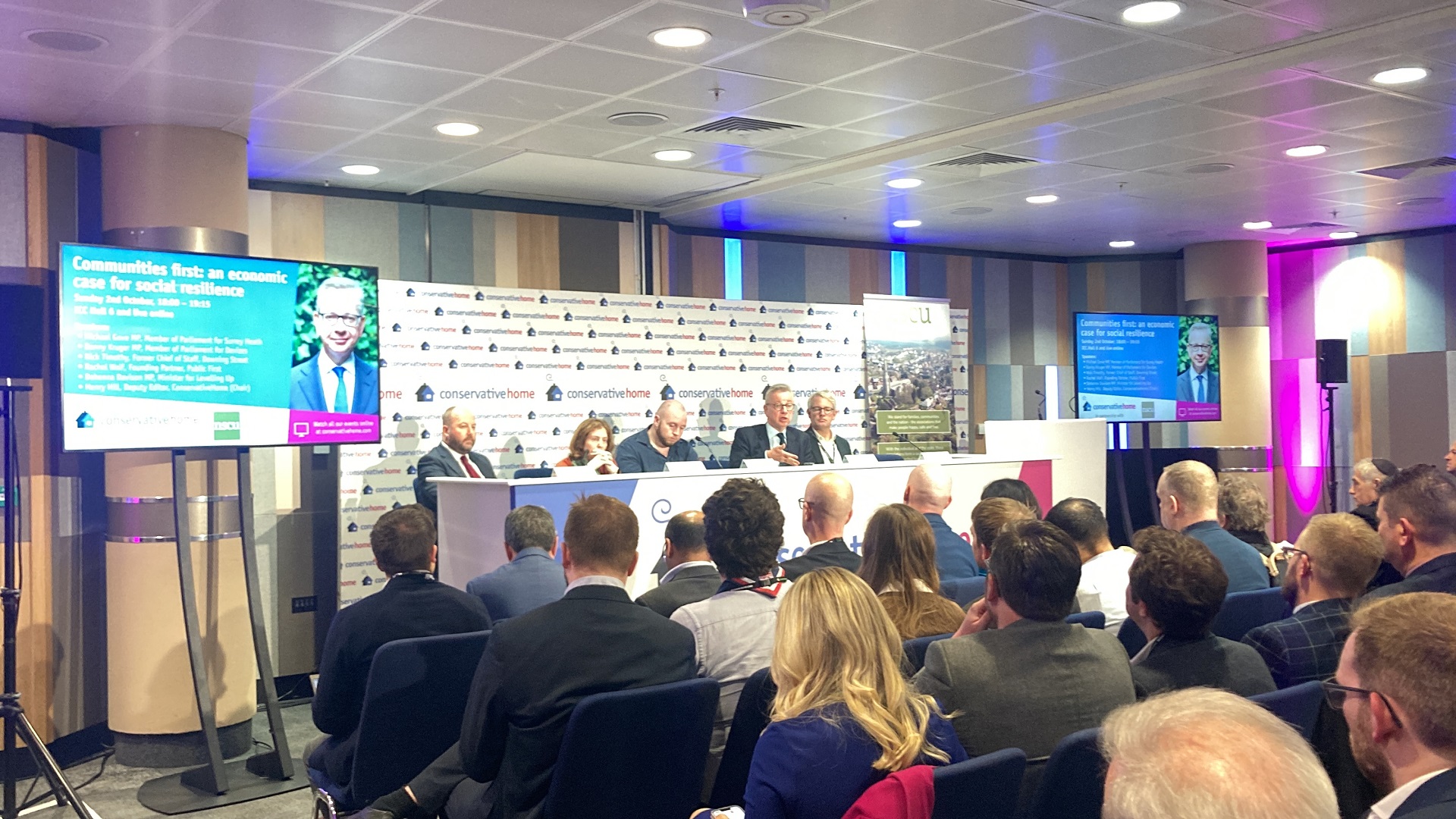
Thought leadership
The importance of intersectionality – why it matters for social enterprises
To mark this year’s International Women’s Day, we asked some of our members, whose work focuses on achieving gender equality and empowerment, questions regarding their views on intersectionality. Our social enterprises saw intersectionality as necessary for their services to represent the complex experience of the community they serve. They highlighted the need to listen and learn from diverse experiences, to be inclusive and respectful. What is intersectionality? Intersectionality is a useful framework for understanding the many kinds of discriminations individuals contend with. Its starting premise is that everyone is made up of multiple and layered identities, which includes gender, race, class, ethnicity, nationality, sexuality, religion, socio-economic backgrounds, and migration status. For example, A working-class bisexual woman may encounter discrimination based on her socio-economic status and sexual identity. As advocates of gender equality, we have a responsibility to consider everything and anything that subject women to prejudice and marginalisation. The truth, however, is that operationalising intersectionality is complex. We tend to focus on identity dimensions we are most comfortable with. However, if our advocacy represents only the experiences of some women, we will fail to achieve equality for all women. Intersectionality entails we identify the needs and consequently think about what resources we need to tackle the multiple discriminations faced by all women. Few organisations have access to all the resources they need to operationalise intersectionality, but this is where collaborations with other organisations and individuals, to expand the base of resources, can help. Here's what some of our members had to say about this important topic. Soul Purpose 360 CIC Interview with Palma Black - Founder & Director Soul Purpose 360 CIC Soul Purpose 360 CIC is a coaching, mentoring, training, and networking social enterprise for Black women in the community development sector. Their aim is to motivate, inspire and imbue confidence in women, to enable them to contribute positively to their communities. How important should intersectionality be to advocates of gender equality? For any individual or organisation advocating for gender equality, intersectionality must form the foundation, if it is to truly include and reflect Black women. Historically, the white-led feminist movement have failed in this regard. For example, intersectionality is essential for understanding the unique challenges that Black women face, as well as for developing effective strategies for fighting for our rights. This is because Black women experience oppression and discrimination on multiple levels due to multifaceted aspects of our identity and an intersectional approach would recognise the complexity of this. Black women experience gender-based violence, institutionalised racism, and economic inequality, among other forms of oppression. Intersectional feminism allows us to recognise this. How can we be inclusive of everyone and respect all parts of a person's identity? One of the most important things we can do to ensure inclusivity and respect for all parts of a person's identity is to practice active listening. That means really taking the time to listen to someone and try to understand their experiences and perspectives without judgment. Black women are not a homogenous group. We should also be open to having conversations about differences in gender, race, and other identities, and be willing to learn from and support each other. Additionally, we should strive to create an environment where everyone feels comfortable and accepted, regardless of their identity. What are the challenges that can sometimes be faced when using an intersectional approach? Some challenges that can be presented include feeling overwhelmed by the multitude of intersecting identities and experiences that need to be taken into consideration. Another challenge can be navigating conflicting perspectives in a way that is respectful and inclusive of all identities and experiences. Some may struggle with the idea of recognising the privilege that exists within the various intersecting identities, as it can be a difficult concept to grapple with. Ultimately, it is important to be aware of these challenges to better equip oneself with the tools necessary to use an intersectional approach in a meaningful and productive way. soulpurpose360.co.uk You be You Interview with Bilkis Miah - CEO & Founder of You be You You be You provides lessons, workshops and activities for school and parents, with the aim of breaking down gender-based stereotypes, with the aim to shift the perceptions of schools, families and children, to open possibilities for the next generation. How important should intersectionality be to advocates of gender equality? We believe intersectionality is important. We’re layered humans with multifaceted aspects of our identity and intersectionality ensures we’re encompassing the whole person. How can we be inclusive of everyone and respect all parts of a person's identity? We can listen actively to people’s stories and learn from these lived experiences. What are the challenges that can sometimes be faced when using an intersectional approach? A challenge includes the complexity of trying to tackle multiple layers of discrimination. To what extent does an intersectional approach inform your organisational strategy? You are welcome to explain your experience. Intersectionality is at the core of our organisational strategy. We must think about our communities and all the levels of prejudice they may face, in order to fully serve them. youbeyou.co.uk Butterfly Books Interview with Kerrine Bryan - Founder and Author of Butterfly Books Butterfly Books are a Social Enterprise that create children’s educational books. Their books are career-focused, aimed to inspire and educate children of the career options available to them, to reduce gender bias in job roles. Some of their books include ‘My Mummy is a Footballer’ and ‘My Daddy is a Nurse.’ How important should intersectionality be for advocates of gender equality? Intersectionality is very important as achieving equality, inclusion and diversity is complex. However, it can be difficult to address all problems with limited resources. For example, our children’s books focus on gender equality, and we try our best to address intersectionality through our illustrations as best we can. However, we believe that collaboration is an important way to consider intersectionality, through partnerships with organisations that have a focus in other areas. How can we be inclusive of everyone and respect all parts of a person's identity? Through expanding our knowledge of other people’s cultures and genders. This can be through attending events, or reading literature that you wouldn’t normally. Additionally, understanding the community you serve is key. What are the challenges that can sometimes be faced when using an intersectional approach? One of the challenges is losing the impact you intended to create, by trying to spreadresources across too many areas. To what extent does an intersectional approach inform your organisational strategy? You are welcome to explain your experience. As a Black-owned business we are aware of the challenges faced regarding race. Although this is not the focus of our business, intersectionality affects us as business owners. Therefore, we are conscious of this when writing and illustrating our children’s books, with the aim of ensuring we represent the community we serve. butterflybooks.co.uk By Sabrina Doshi, supported by Dr Lilian Miles - Reader in Sustainability and Social Enterprise, Westminster Business School, University of Westminster
5 min







